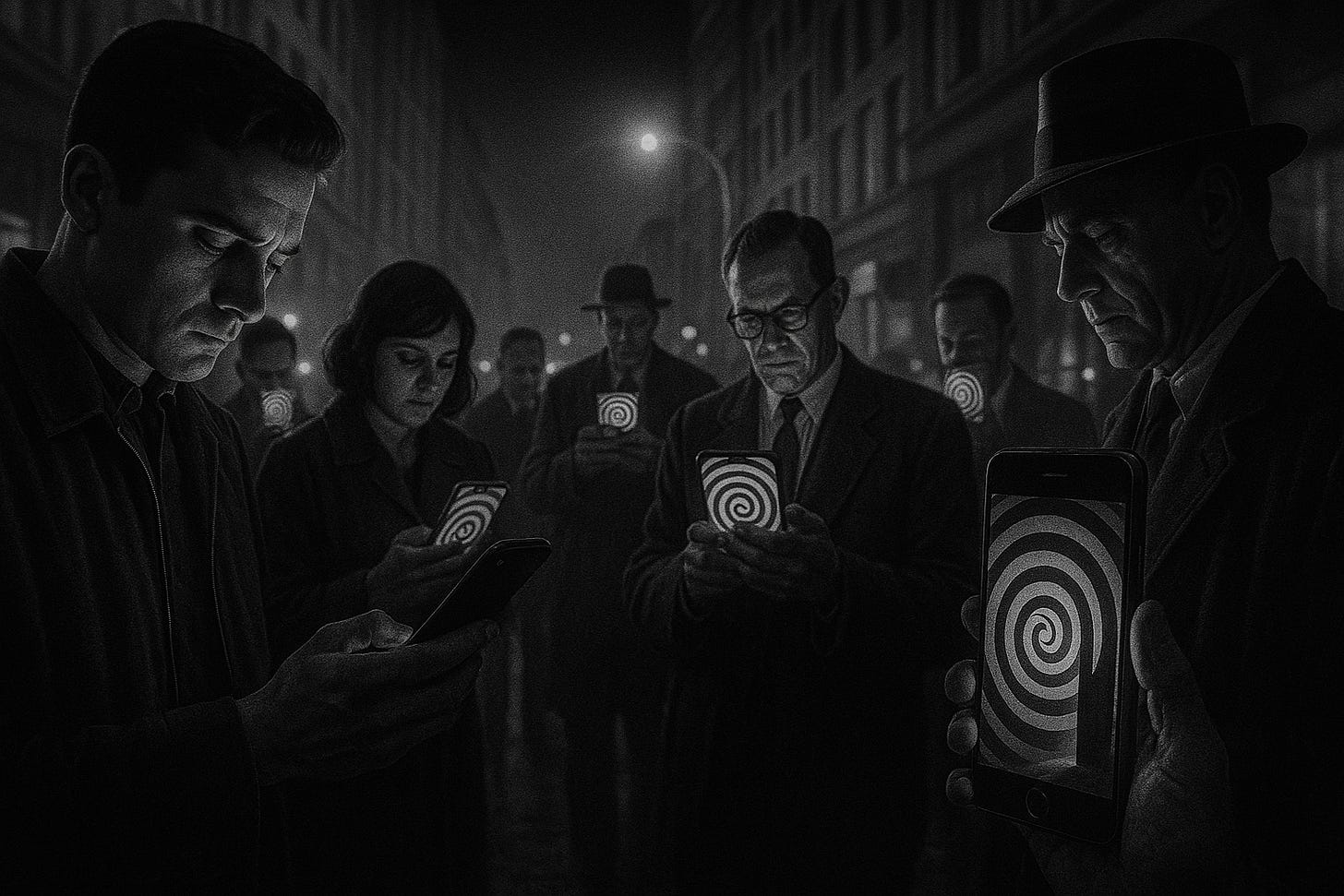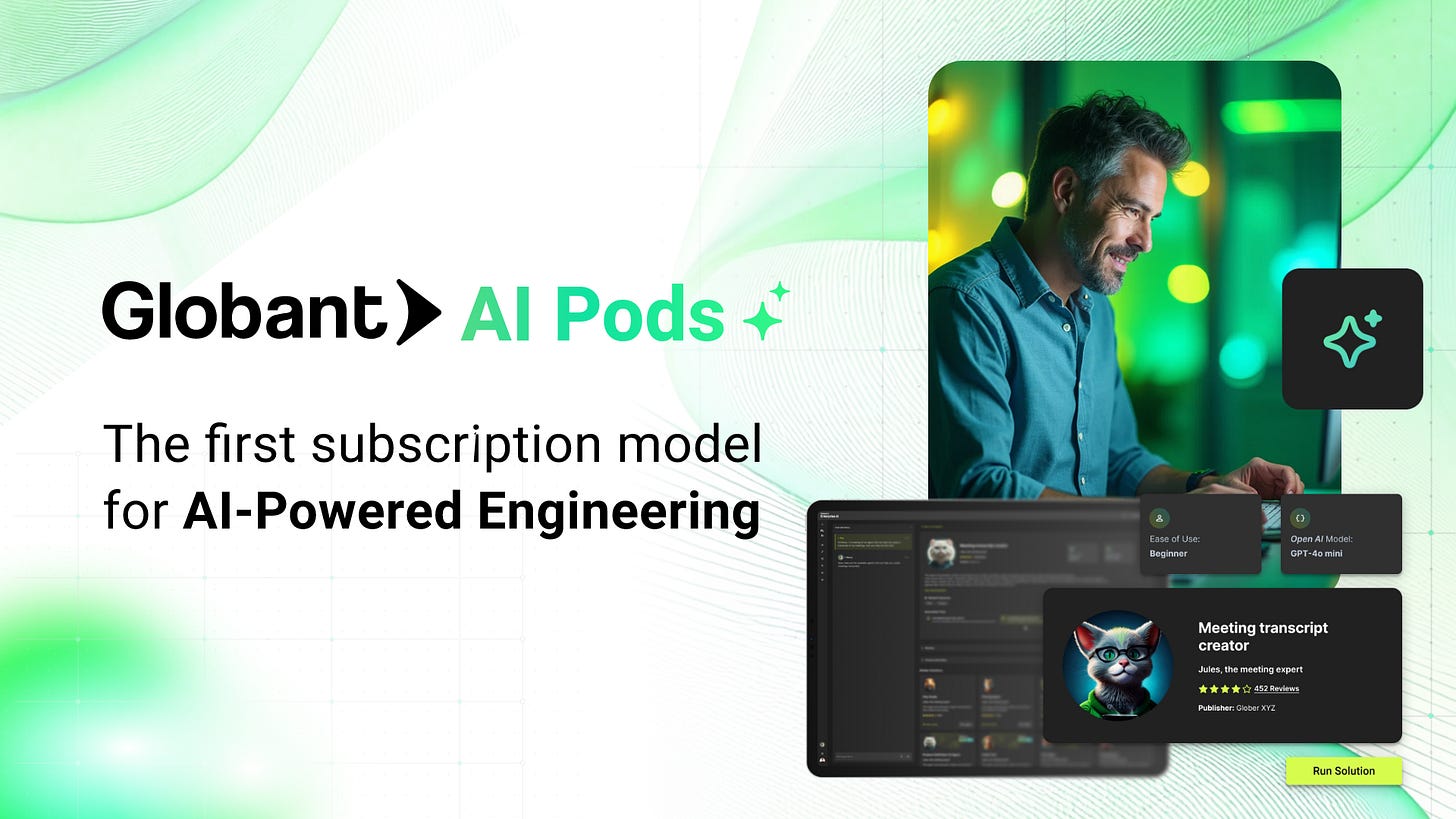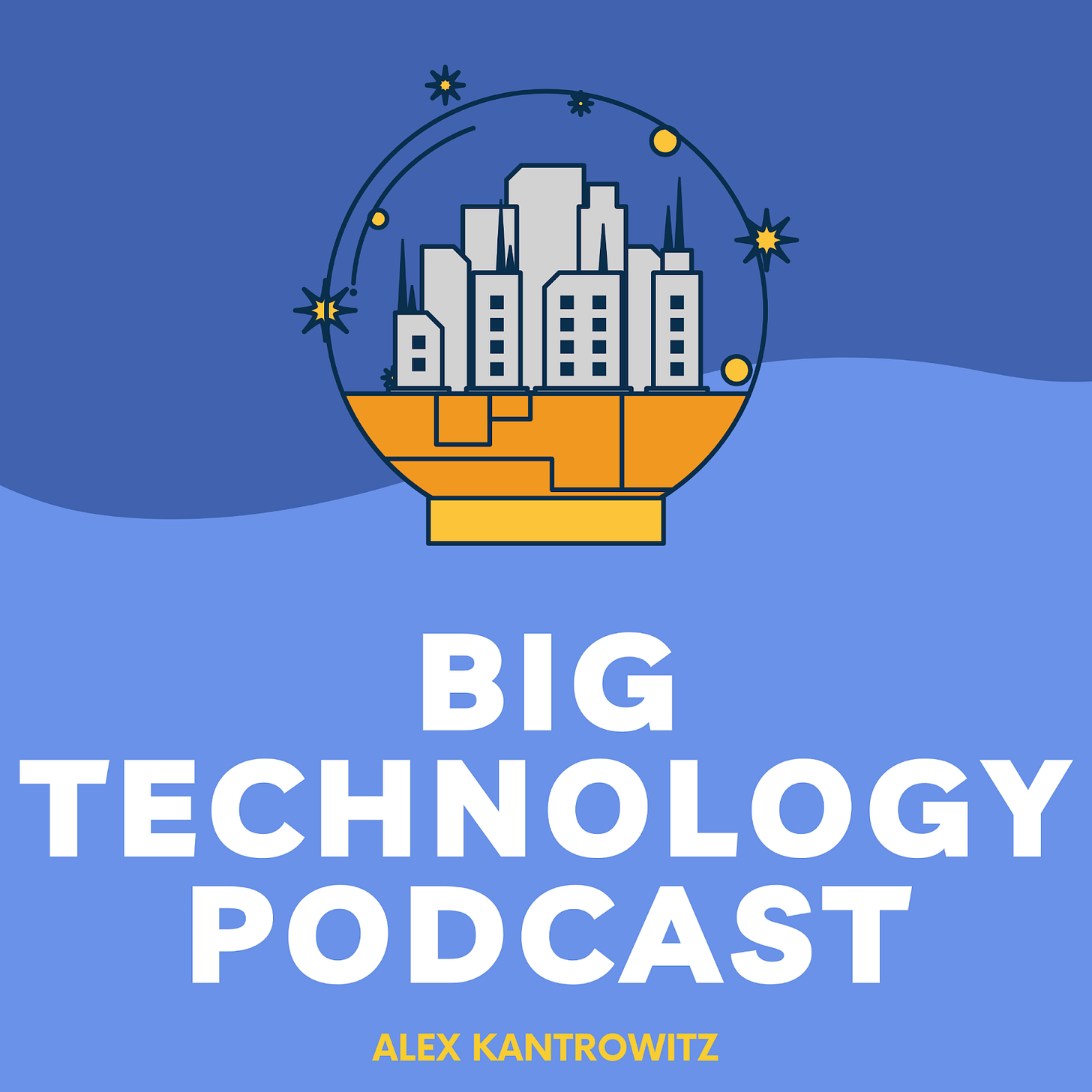Can AI's Sameness Problem Be Solved? This Founder Thinks So.
Runway co-founder and CEO Cristóbal Valenzuela thinks it’s not actually a technology problem.
AI generated content tends to look, sound, and feel the same. OpenAI’s Sora videos blend into each other. ChatGPT writes with a characteristic style. Music generators like Suno generate what always feels like the same song, even across genres. This sameness problem for AI may be the single most significant issue holding the technology back from a wider explosion across culture today. But there may be a way around it. If you’re willing to do the work.
AI’s sameness problem is a product of the way people use the technology, not the technology itself, Cristóbal Valenzuela, CEO of video generation tool Runway, told me in an interview this week.
“If you’re not a filmmaker, I can give you an IMAX camera, the same camera that Christopher Nolan uses, and if I ask you to make a movie or shoot, you probably won’t match what he can do,” Valenzuela said. “And so that is not a representation of how good the camera is, the technology is. It’s a representation of the creative vision, or the artistic idea that you have behind it.”
Runway is a video generation tool valued above $3 billion, so Valenzuela’s fortunes are riding on its ability to churn out distinct content. It’s not as easy as writing a great prompt, he told me, and the technology’s capabilities are probably being underestimated due to the high volume of content from amateurs.
AI content generation tools have put the power to create in the hands of many people who’ve never thought through the creative process before. This itself is not a bad thing, and it may indeed lead to a proliferation of interesting new work from artists — professional and aspiring — who can create more with less effort and capital. But there’s a flip side.
“Being Christopher Nolan is very hard,” Valenzuela said. “It takes time. It takes iteration. Getting a camera and pressing record is very easy. Anyone can do it. I think AI is lowering the barriers of making stuff altogether. Anyone can make anything, right? So a lot of people make just bad stuff.”
To Valenzuela, the prompt is effectively the shutter: The final step after you think through the story, the art reference, the camera angles, and the nitty-gritty of filmmaking. “Pressing the button is the easiest part,” he said.
Before the prompt, Valenzuela said, diligent use of the context window is key to getting distinct AI content. This means uploading videos, photos, and references for the model to work from before it generates any content.
Most films also have a ‘style bible’ document that exists as reference point to help everyone involved in the production understand the art, direction, styles, story, and script. Valenzuela said AI filmmakers will upload their bible into the context window as well, giving it the details of what they’re aiming to produce. Then, the model follows their lead.
With this starting point, AI filmmakers iterate over and over until the result feels right, and unique. “You iterate one thousand times, one million times,” Valenzuela said. “The best things I’ve seen made are people spending weeks just creating many variations of the same. And you pick the ones that are the best.”
The new era of capacity: Introducing Globant’s AI pods (sponsor)
AI is changing how every business operates, but scaling it safely and effectively still challenges most enterprises. In a recent Big Technology interview, Globant Co-founder and CEO Martín Migoya explained how the company is redefining AI delivery with a capacity-based approach.
That vision comes to life in Globant’s AI Pods, a subscription-based model that combines agentic AI with human oversight to deliver measurable business outcomes. Each Pod operates like a dedicated AI-augmented team: secure, composable, and continuously improving as new models emerge.
Built on Globant Enterprise AI, AI Pods give organizations predictable pricing, full IP ownership, and adaptive capacity that grows with demand. From automating workflows to orchestrating complex systems, it’s a new foundation for enterprise-scale AI, built for speed, safety, and sustained innovation.
Learn more about AI Pods: https://www.globant.com/ai-pods
What Else I’m Reading, Etc.
OpenAI’s losses are fueling tech giant profits [WSJ]
AI spending has a prisoners dilemma feel to it [Bloomberg]
Softbank sold its entire NVIDIA position (again) [Techcrunch]
Did an AI-generated song top the country charts? [Time]
Silicon Valley has lost its spine, says one insider [New York Times]
Wikipedia’s Jimmy Wales storms out of interview over co-founder question [YouTube]
This Week On Big Technology Podcast: Could LLMs Be The Route To Superintelligence? — With Mustafa Suleyman
Mustafa Suleyman is the CEO of Microsoft AI and the head of the company’s new superintelligence team. Suleyman joins Big Technology to discuss Microsoft’s push toward “humanist superintelligence” and what changes after its latest OpenAI deal. Tune in to hear whether LLMs can get us there, how self-improving systems might work safely, and what power, data, and memory advancements mean for progress. We also cover Microsoft’s strategy shift to AI self-sufficiency, the economics of frontier models (including price pressure and commoditization), world-model and robotics questions, and the rise of personalized AI companions. Hit play for a candid, technical, and forward-looking conversation about where Microsoft—and AI—are headed next.
You can listen on Apple Podcasts, Spotify, or your podcast app of choice
Thanks again for reading. Please share Big Technology if you like it!
And hit that Like Button to deliver your own bit of uniqueness this week
My book Always Day One digs into the tech giants’ inner workings, focusing on automation and culture. I’d be thrilled if you’d give it a read. You can find it here.
Join Big Technology’s Private Discord Server!
Where we’ll talk about this story, the latest in AI, the week’s podcast, and plenty more. You can sign up via the link below:




